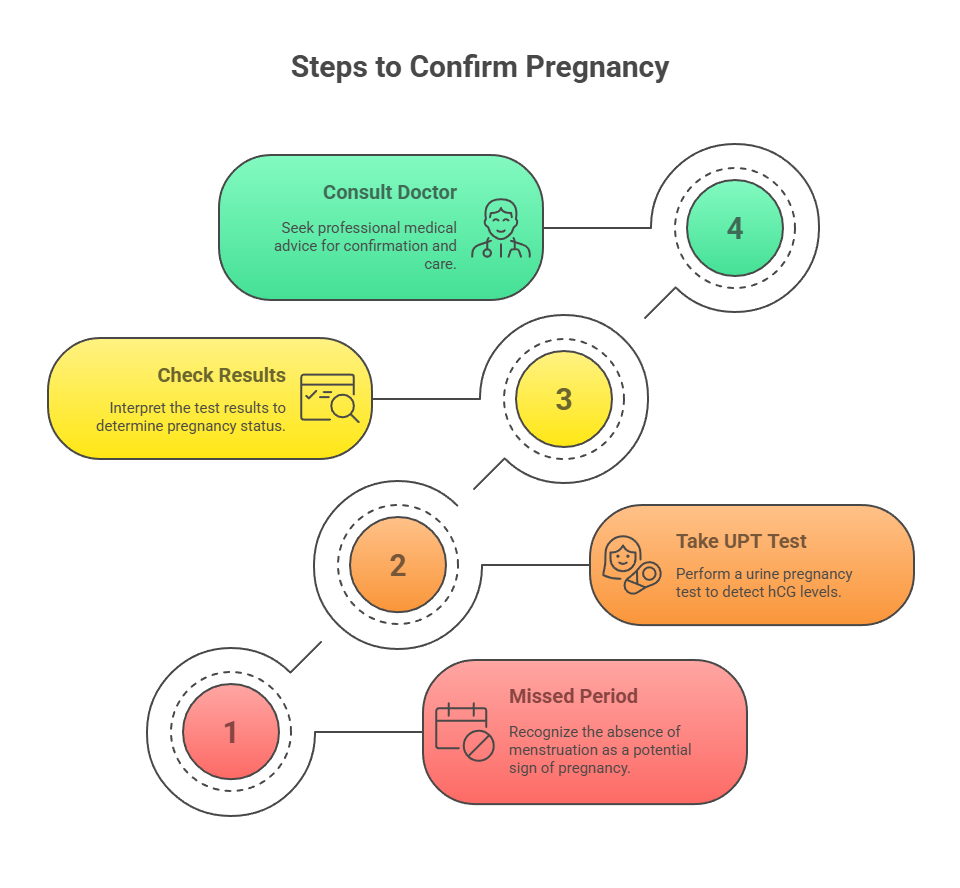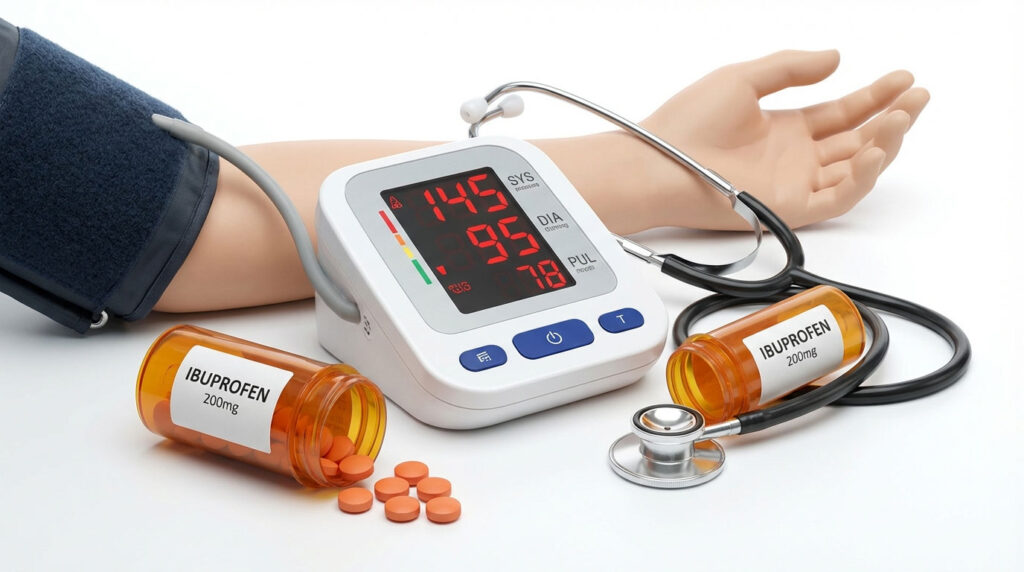
Explanation of what a urine pregnancy rapid test is and its purpose
A urine pregnancy rapid test is a type of diagnostic tool used to detect the presence of human chorionic gonadotropin (hCG) hormone in a woman’s urine. This hormone is produced by the placenta shortly after a fertilized egg has implanted in the uterus and is an indicator of pregnancy. The purpose of the urine pregnancy rapid test is to provide a quick and easy method for determining whether a woman is pregnant or not. This test is often used as a first step in confirming pregnancy. If the test result is positive, the woman is advised to seek further medical tests for confirmation and to begin prenatal care. The urine pregnancy rapid test is a reliable and convenient method of pregnancy detection and has helped many women to get early and accurate information about their pregnancy status.
Factors that can Affect the Accuracy of the Test
There are several factors that can affect the accuracy of a urine pregnancy rapid test. These include:
- Timing of the Test: The accuracy of the test can be affected by the timing of the test. A woman may get a false negative result if she takes the test too early in her pregnancy. This is because the hCG levels in the urine may not be high enough to be detected by the test. It is usually recommended to wait until at least one week after a missed period before taking the test to ensure greater accuracy.
- Sensitivity of the Test: The sensitivity of the test can also affect its accuracy. Some tests are more sensitive than others and can detect lower levels of hCG in the urine. A less sensitive test may give a false negative result if the hCG levels in the urine are too low.
- Medications or Medical Conditions: Certain medications and medical conditions can also affect the accuracy of the test. For example, medications that contain hCG or that affect the production of hCG can interfere with the results of the test. Similarly, medical conditions that affect the production of hCG, such as some types of cancer, can also cause false positive or negative results.
More Related Tests
Why To Book with HealthCareOnTime

17 Crores+ Samples Processed

World Class Technology Labs

25+ Years of Trust & Experience

Free Home Collection
FAQs Around Urine Pregnancy Test (UPT Test- Rapid) Test
How accurate is a urine pregnancy rapid test?
Urine pregnancy rapid tests are generally very accurate when used correctly. However, the accuracy can be affected by factors such as the timing of the test, the sensitivity of the test, and certain medications or medical conditions that may interfere with the production of hCG.
When can I take a urine pregnancy rapid test?
It is recommended to wait until at least one week after a missed period before taking the test to ensure greater accuracy. However, some tests may be able to detect pregnancy earlier than this.
Can a urine pregnancy rapid test give a false positive or negative result?
Yes, it is possible for a urine pregnancy rapid test to give a false positive or negative result. This can be caused by factors such as the timing of the test, the sensitivity of the test, and certain medications or medical conditions that may interfere with the production of hCG.
What should I do if I get a positive result on a urine pregnancy rapid test?
If a woman gets a positive result on a urine pregnancy rapid test, she should seek further medical attention for confirmation and to begin prenatal care.
Can a urine pregnancy rapid test be used as a form of birth control?
No, a urine pregnancy rapid test cannot be used as a form of birth control. It is important to use appropriate forms of contraception to prevent unwanted pregnancy.










